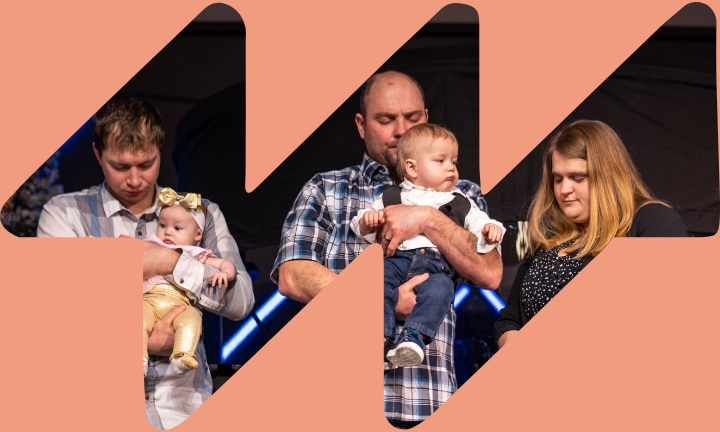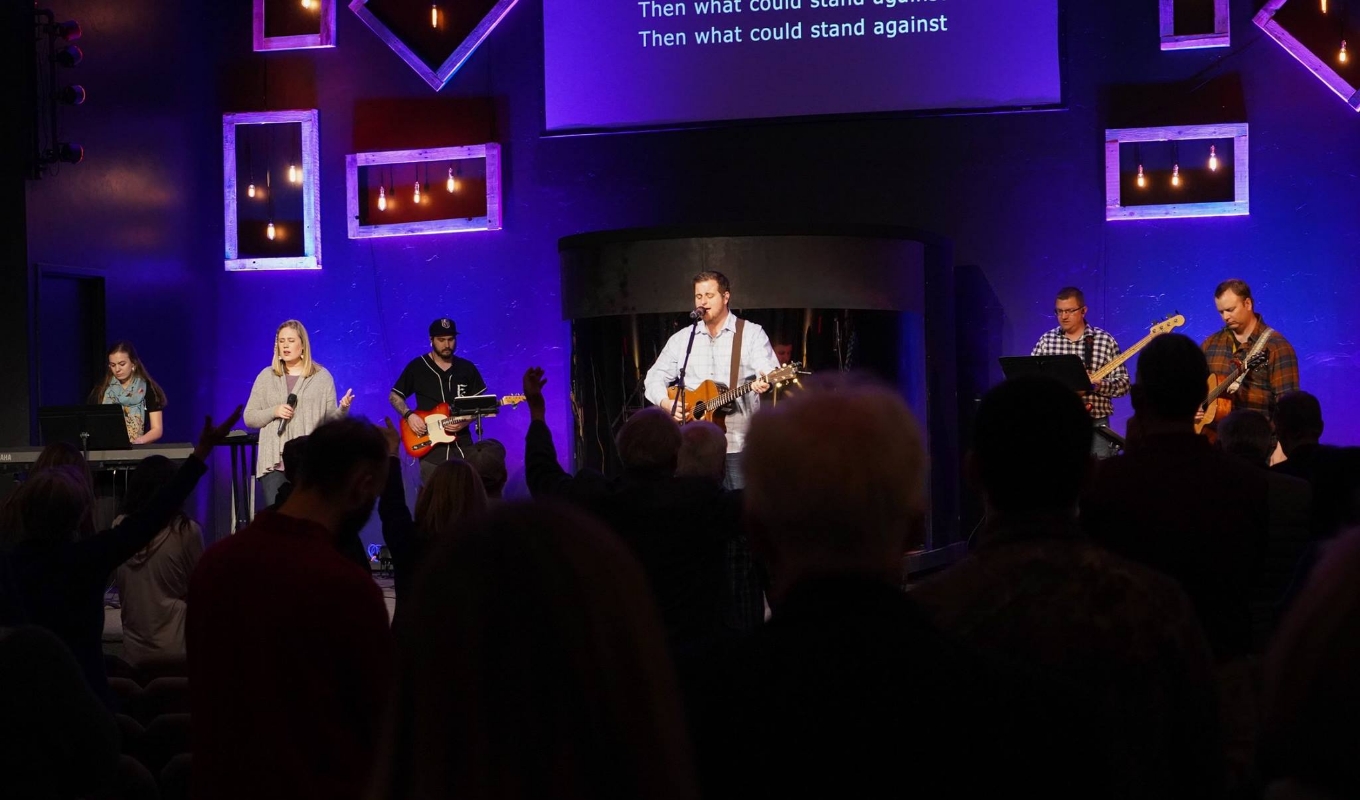Take a trip with me.
We are in a small, community of Capernaum. It is a small fishing center located on the North shore of the Sea of Galilee.
It is the Jewish Sabbath. We follow the people to the Synagogue, the center of Jewish life. Here they will listen to the Rabbi teach from the Jewish writings. They will also be instructed on how to follow the traditions of the Jewish Fathers.
As we take our place we note that the men sit on wooden benches while the women stand around the perimeter with bowed heads. They are forbidden to sit.
Sitting towards the front we note a man of middle age who walks in and takes his place. We pay special attention to him because his hand and his arm are curled up and held tightly around his chest. The arm is useless.
On this particular day, the resident Rabbi is not in control of the program. There is a guest. He is introduced as a guest who is from Nazareth. Nazareth lies about 35 miles west of Capernaum, where the synagogue is located. The guest is Jesus. He is introduced, and he steps forward. His eyes sweep the assembled seekers. He observes the man with the withered hand His eyes stop, and he looks.
There is a tenseness in the synagogue because of the awkward silence. Jesus, the guest, knows the Jewish tradition to be observed in the Synagogue. He understands that there is to be no work on a holy day, and healing is considered to work. But what is important? What do people think, or what do people need? Should Jesus follow the traditions of his nation or, should he bring wholeness to the man with the withered arm?
He speaks to the man with the withered arm, “Rise and come forward.” Then, his eyes sweep the crowd. He asks the question, “Is it lawful on the Sabbath to do good or to save a life, or to kill”? The people are silent, and you can feel the tenseness of the atmosphere as his eyes continue to scan. His eyes carry a flash of anger as He sees the lack of concern for the man he has called out.
They had more concern for their traditions than they had for human needs. To them, it was more important to keep the rules than to help people. Rightness came first, and compassion came second.
Jesus now looks at the man standing in front of Him. His gaze changes, and a smile of tenderness crosses His face. He says quietly, “stretch out your hand.”
Is this some kind of cruel humor? It is very evident the one thing that man cannot do is do what Jesus just said. He could go get some water from the well, and he could carry a message to a friend, but he could not stretch out his hand, and Jesus knew that.
Many times this man had looked at this useless arm curled against his chest. Many times this man had endured the criticism of other people. Now in front of all the assembled worshippers, Jesus asks him to do the one thing he could not do. “Stretch forth thy hand.”
Do you see any parallel with yourself? Is it not true that we all have a certain paralysis? Don’t we all have an element of shame over things that make us different from others? We have learned to live with it, but we’d like to change it.
Does Jesus care about the embarrassing, debilitating imprisoning circumstances around my life?
How does this man respond to what Jesus asks? He looks at the shriveled mass of flesh. He tries once more to use it as he has tried many times before. But this time, he feels life. Is it a tingle, a feeling of life returning? In a moment’s time, He recognizes that this is Jesus, The Son of God, and to his amazement, he can do what Jesus tells him to do. He does something he could not do by himself.
Is it possible that we can become so overwhelmed with the need of our lives that we fail to hear Christ address us? We fail to respond to His command, feeling our inadequacy and fear.
I find it interesting that Jesus ignores all other assembled guests to focus on one man who is in need. You cannot hide from His all-seeing eye. Zacchaeus thought that he was safe in a tree. The Pharisees thought they were safe, keeping their thoughts to themselves. Peter thought he was safe with his confidence that he could walk on water. Jesus sees the hopelessness and the despair that we live with.
None of us like to have our weaknesses displayed in public. We become embarrassed to have our weaknesses pointed out. We are not in a military boot camp where our failings are on display by the commander.
But, the result of this man’s being called out brought restoration to his useless arm. There was a change that took place,
From disease to health
From weakness to power
From uselessness to usefulness.
This man did not need the pity of Jesus. He did not need to be called out so all could look critically at his handicap.
Nor do we need pity. We do not need people to remind us of how tragic our life has become or to cluck their tongues to express their pious pity. We, like this man, need Jesus, who says, “come unto me all you who labor and are heavily laden, and I will give your rest.”
As this man returned to his home that day, he kept looking at his hand. He picked up a stick and threw it. He waved at people. He carried a bucket of water. His family noticed. His friend wondered. His life was changed.
Christ has a habit of doing that kind of thing.



